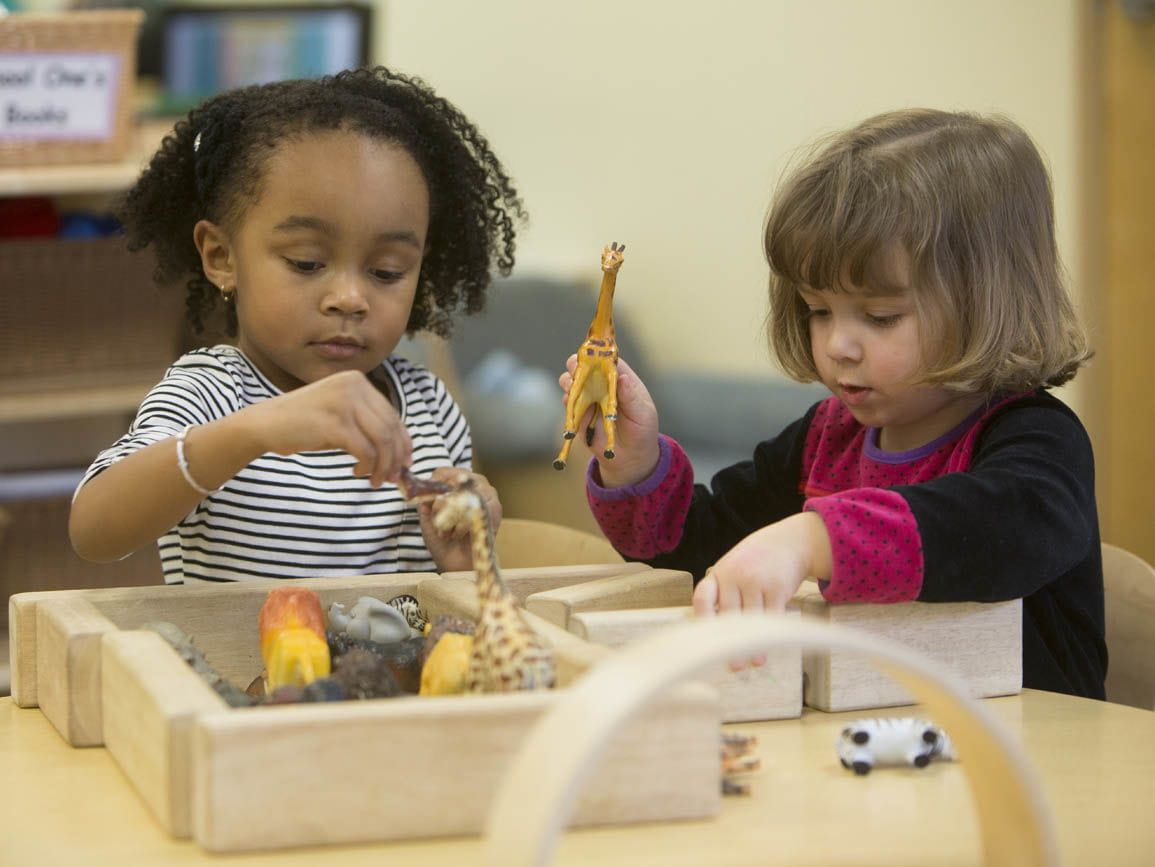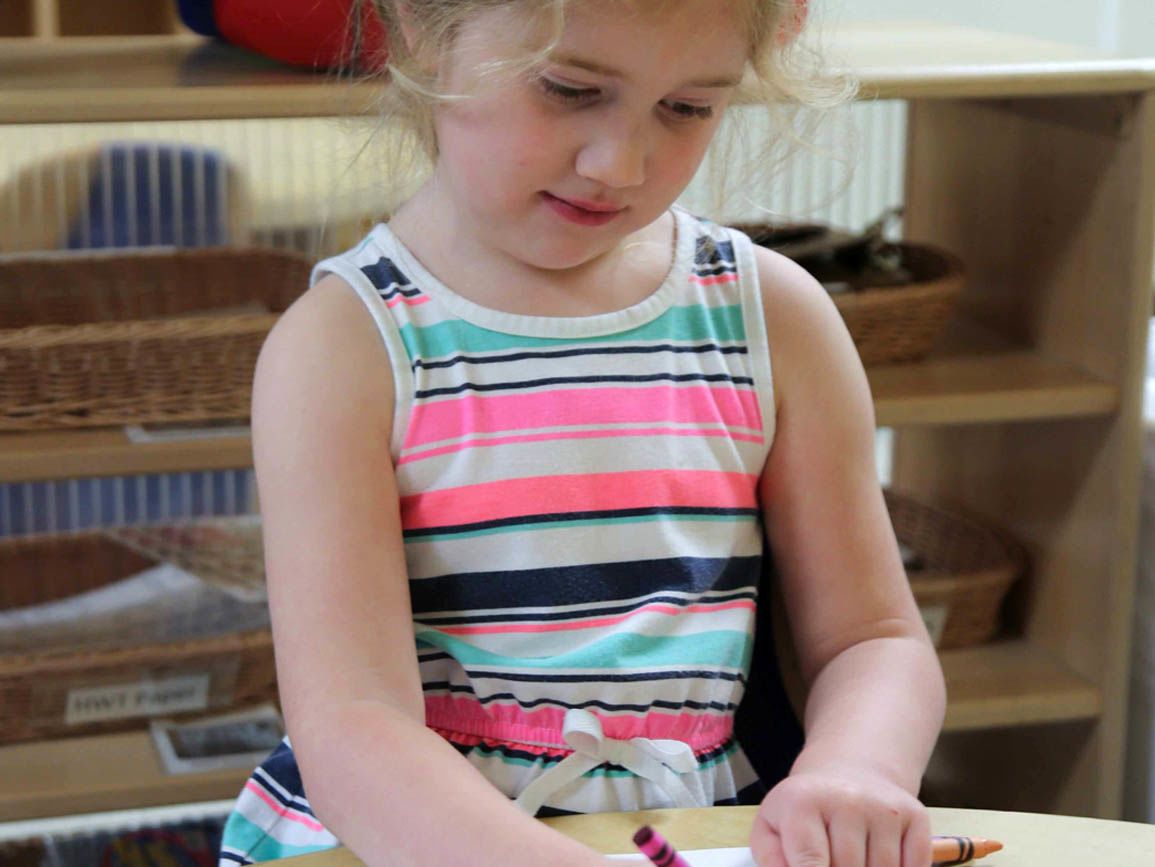According to the Center on the Developing Child at Harvard University, executive function skills are “the mental processes that enable us to plan, focus attention, remember instructions, and juggle multiple tasks successfully.” Researchers have found that executive function skills are stronger predictors than IQ of success in school, the workforce, and later in life.
We want children to gain knowledge in a variety of topics, such as literacy, math, and science. This content is the “what” of learning. Executive function refers to the skills that allow children to put that knowledge to use. It’s the “how” of learning.
Researchers liken executive function to the work of an orchestra conductor or air traffic controller—taking control of multiple inputs, filtering distractions, switching gears, considering next steps, synthesizing information, and setting and achieving goals.
The Three Components of Executive Function Skills
Working Memory
The ability to retain information over short periods of time and make use of it.
Self-Control
The capacity to control impulses, resist temptation, and manage distractions in order to think before acting.
Cognitive Flexibility
The ability to respond to changing demands, perspectives, or rules.
Executive function skills are shaped by our experiences and develop slowly over time, beginning in infancy and continuing into early adulthood. Teachers and parents help children foster executive function when they establish routines, model pro-social behavior, and provide opportunities for creative play—all the while allowing growing children to use skills with less and less adult intervention.
Here are some suggestions for learning games for children of every age that help develop executive function skills.
Games for Kids to Learn Executive Function Skills
Infants: Play Peek-A-Boo or Pat-A-Cake to help your baby build working memory.
Toddlers: Play Red Light, Green Light or other simple games. Offer blocks and encourage creative building.
Preschool: Encourage pretend play. Offer a few simple props and help your child assign parts and take on roles. Try acting out the roles in your favorite picture books.
School Age: Play board games like Mancala or chess that require analytical thinking and strategy.
Many of the things we do in the daily course of life build executive function skills. Your child builds these skills through having daily conversations, reading together, taking care of pets, completing chores, working on projects with friends, or even planning a meal.
Teach. Play. Love Episode 3: The Quest for Executive Function
On this episode: executive function, an important set of organizational skills that will take your child into the future. Listen as Rachel Robertson, education and development vice president, and Ruth Fidino, learning and development director, discuss how you can weave executive function skill-building opportunities into your everyday life, and support your children while helping them learn to do things for themselves.
More on Learning & Development:
- While academic achievement can be a strong indicator of growth, social-emotional development is arguably just as important. Learn ways you can foster social-emotional development for your preschooler at home.
- Children use accompanied and unaccompanied play to explore the world around them and to learn how things work. Here are some of the valuable ways that your child is developing through play.
- Your children are challenged several times a day with new experiences and opportunities to make critical decisions. Here are some tips to help your child develop their problem solving skills.





